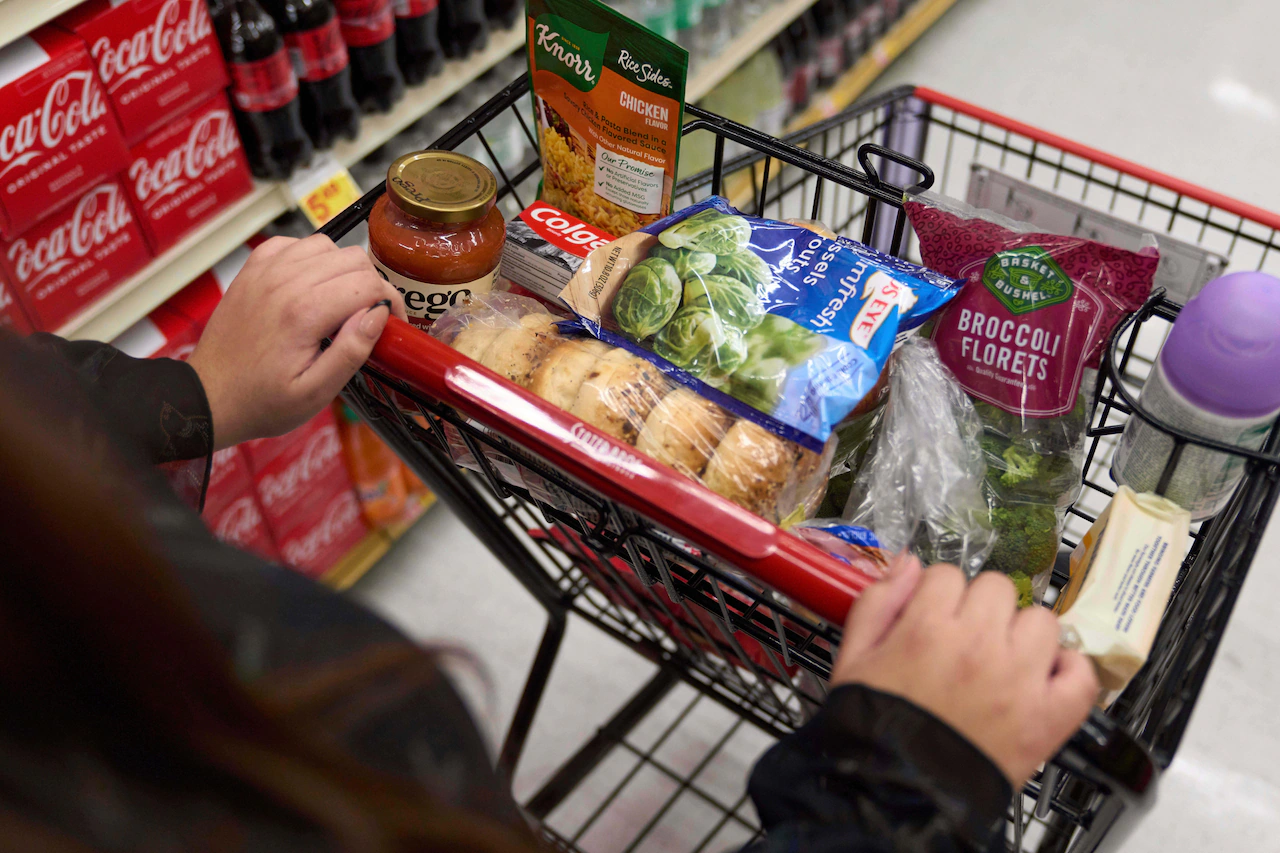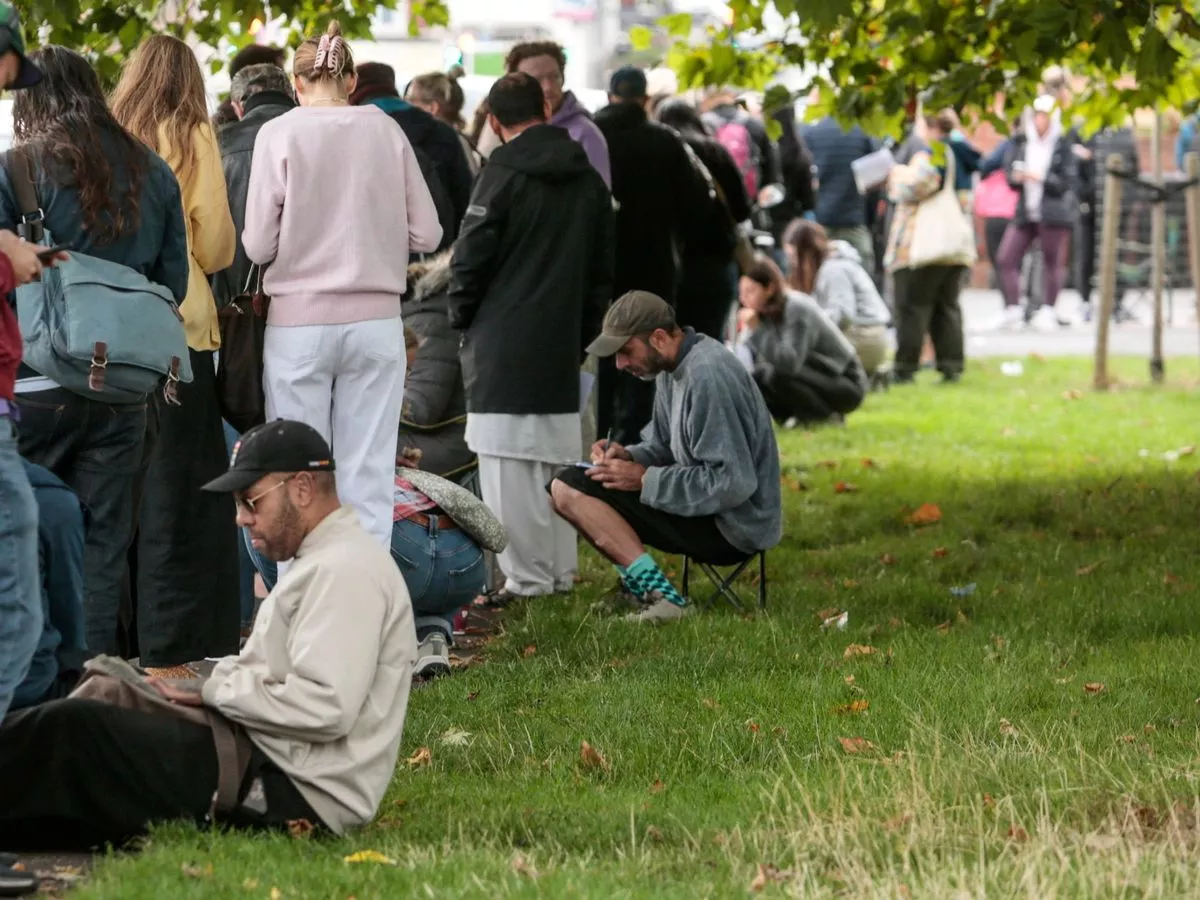Copyright Staten Island Advance

The shutdown of the federal government has been a complete disaster for Staten Islanders. Mass layoffs and furloughs have started to hurt the federal employees that live and work here. Those lucky enough to keep their jobs are missing paychecks. Essential services, from air traffic control to the distribution of government benefits, have suffered. However, we’re just days away from the most significant consequence of the shutdown: the Supplemental Nutrition Assistance Program (SNAP), a $100 billion federal program that helps low-income families buy food and serves as our nation’s most effective tool for fighting hunger, will come to a halt in November. That’s because the U.S. Department of Agriculture (USDA), which oversees the federally funded, state-administered program, announced that it will not use emergency contingency funds to safeguard SNAP benefits during the shutdown, dimming the hope that families who rely on the program will be able to count on the full assistance to which they’re legally entitled. As a result, dozens of states, including New York, have started notifying SNAP recipients that they will not receive benefits for the month of November. That devastating news means that Staten Island’s SNAP recipients, most of them families with children, are at risk of facing hunger. The harm could run even deeper. The longer this crisis wears on, the more the damage will be felt across entire communities — especially the independent grocery stores, farms, and markets where families spend their benefits. SNAP cuts and delays do not only exacerbate hunger — they also destabilize the local economy. Despite the consensus around rising food costs and broad support for nutrition assistance, SNAP has faced unprecedented attacks as of late. Under the federal H.R.1 legislation enacted earlier this year, New York state could lose an estimated $2.1 billion in SNAP cost-sharing benefits, forcing the state to either make up the difference or face the grave possibility of reducing benefits. This comes amid layoffs, missed paychecks, and widespread loss of income and as half of New Yorkers say they have taken on debt to cover the cost of food. Right now, we should be strengthening food assistance, not cutting it back. These attacks also jeopardize New York City’s independent supermarkets — minority, immigrant, and family-owned stores embedded in the neighborhoods they serve. The National Supermarket Association (NSA) represents 600 of the nearly 1,000 independent grocers across the five boroughs. Together, these independent stores directly employ about 70,000 New Yorkers, and some of these stores rely on SNAP for as much as 70% of their business. On Staten Island, 359 SNAP-authorized retailers help more than 70,000 residents buy food. When SNAP is weakened, the first shock hits the very businesses sustaining our local economies and workforce. Smaller, independent retailers cannot withstand abrupt changes in cashflow the way that national grocery chains can. Cuts or delays to SNAP could mean fewer deliveries of fresh food and more spoiled products on the shelves. That translates to lost revenue, employee layoffs, and stores closing, leaving neighborhoods often abandoned by big-box grocery stores with nowhere to turn. Continuing SNAP benefits is an absolute imperative for a healthy New York City economy. Time is running out, but leaders in Washington can still save SNAP, restore New Yorkers’ benefits, and ensure that small grocery businesses can continue to operate. Members of Congress must work across the aisle to reach a bipartisan resolution that ends this shutdown and fully funds SNAP. But New Yorkers simply cannot go without food while waiting for that to happen. The USDA must immediately release the SNAP contingency fund to ensure that families can receive benefits while negotiations continue. With thousands of Staten Islanders set to miss their November benefits, a prolonged shutdown without this assistance will only make a bad situation worse. SNAP has been an important lifeline for families and Staten Island’s grocery businesses, and we must protect it with our lives. We simply cannot allow dysfunction in Washington to force kids and families into hunger or upend our local economy.



